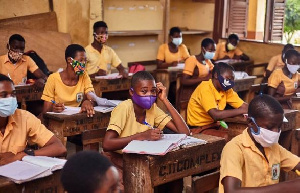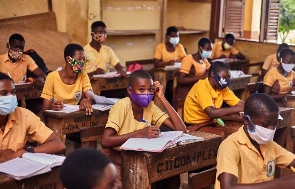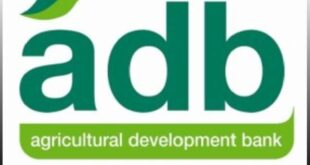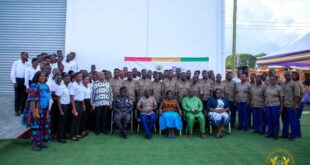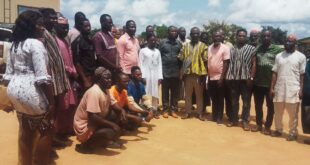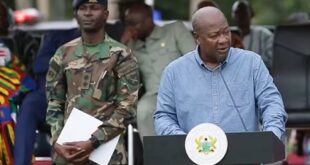Critical thinking is imperative to education and learning because it is one of the most sought-after skills in the world. So to prepare African youths for the future and to enable them to live meaningfully and address the challenges in an information-driven world, it is imperative to teach African children critical thinking skills. It is necessary to make critical thinking a part of the foundation of education in the region.
The Nigerian government is aware of the importance of critical thinking. Hence in the National Policy on Education, inculcation of critical thinking skills is among the objectives of primary education. Incidentally, there are no subjects that teach critical reasoning skills in schools. This gap in our school system needs to be filled.
To this end, the Critical Thinking Social Empowerment Foundation (CTSEF) is leading efforts to introduce the subject of critical thinking to schools in Nigeria and beyond. It partners with state and non-state agencies to foster critical reasoning amongst African youths.
In July last year, the CTSEF launched a pilot program for primary schools in Oyo State in Southwest Nigeria. The pilot program focuses on basic primaries one to three. The program is in two phases. First, there is a teacher training workshop where teachers are taught how to deliver these programs to pupils. Teachers are key to the inculcation of critical reasoning in schools.
They are the principal guides and instructors of the pupils. The training exposes teachers to the need and necessity of these skills, and the various techniques to questionstorm and delivers the subject. Some of these models include question-to-question, question-to-answer, and simple and compound questionable approaches.
The second aspect is a workshop for students. At this workshop, trained teachers help roll out the program at some selected schools. Critical reasoning exercises are administered to pupils in basics one, two, and three. These exercises are tailored to enable students to apply their curiosity and inquisitive and interrogative capacities. The subject of critical thinking is disruptive in its approach to teaching and learning in schools.
At the primary school level, the operational term for critical thinking is questionstorm, not brainstorm. Students are made to generate questions and problems, not answers and solutions. They are trained to interrogate issues, and experiences in all areas of human endeavor.
Students question whatever they see, hear, touch, smell, or feel as their main exercise. Pupils question anything and everything. They are schooled to see everything as an object of curiosity.
The standard practice in schools is that teachers generate questions to test knowledge of a topic. For students, the learning process is a memorization process, answer-finding, and information gathering, not a question-asking process. To demonstrate knowledge, one is expected to ‘cram’ and regurgitate what is taught.
But in critical thinking classes, the emphasis is on interrogation, and examination not memorization of what is learned or taught in classrooms. Learning is a problem-creation exercise. Students are generators of questions and problems. Asking probing questions, detecting errors and mistakes, and identifying faults and gaps in reasoning and presentations is a way to test knowledge and demonstrate intelligence.
So far, the program has been well received by teachers and students. In Oyo state, the workshops have been conducted in 30 private and public schools in 16 local government areas. Over 1300 teachers and 1700 pupils have participated in the program.
There are plans to extend the training and workshops to other schools in Oyo, and other states in Nigeria and beyond. School boards in Ogun and Enugu have approved the organization of the training in their states. Incidentally, school boards are unable to defray the costs.
At the moment, the CTSEF is funding the entire program. The foundation sponsors the project execution including the production of resource materials, training, and monitoring. And this situation is not sustainable. CTSEF needs funding partners and sponsors. There is a need for other agencies to join efforts with the CTSEF in the execution of this project.
To sustain the program, governmental and non-governmental organizations need to get involved in funding this initiative. Individuals, passionate about improving the quality of education in Africa, should support this project and help foster critical thinking and question storms in African schools. Let’s walk the talk about realizing critical thinking, in Africa.
Columnist: Leo Igwe
 Home Of Ghana News Ghana News, Entertainment And More
Home Of Ghana News Ghana News, Entertainment And More
